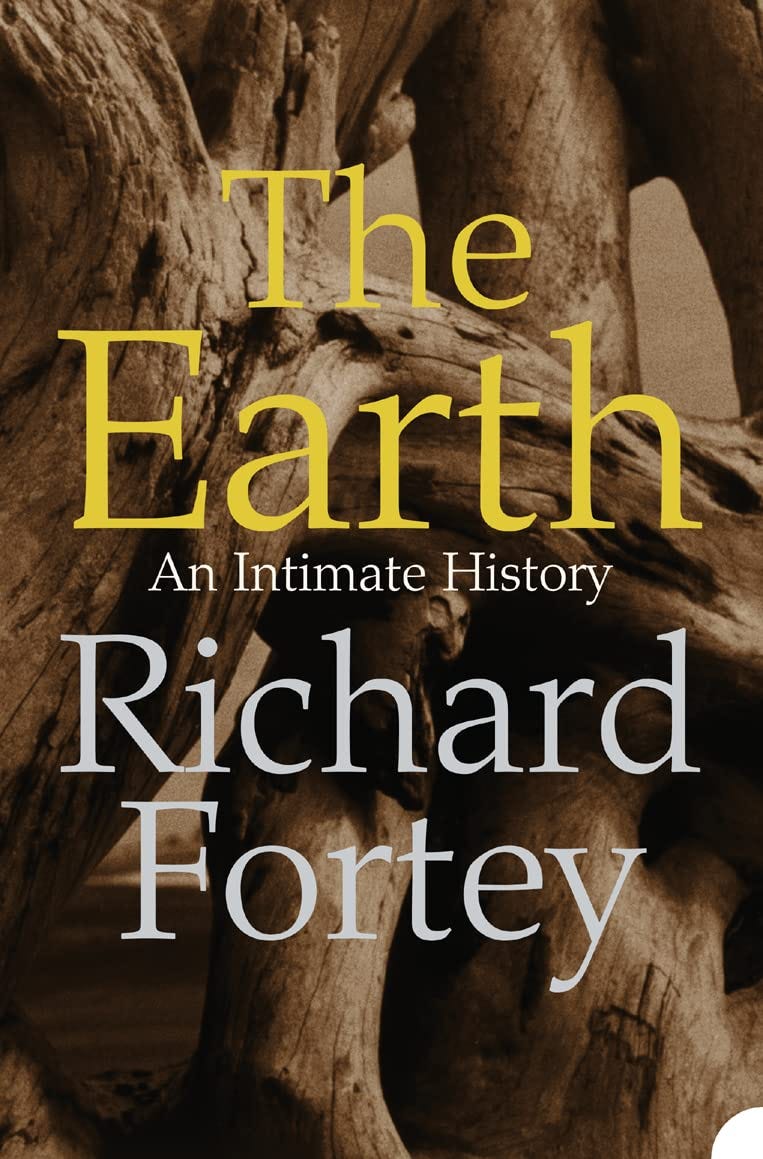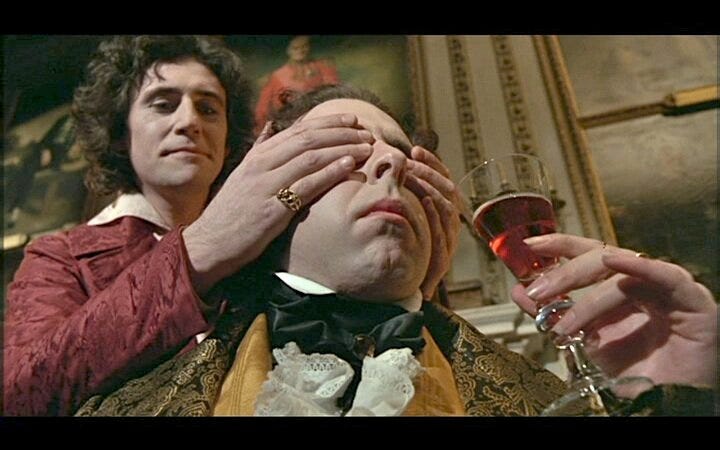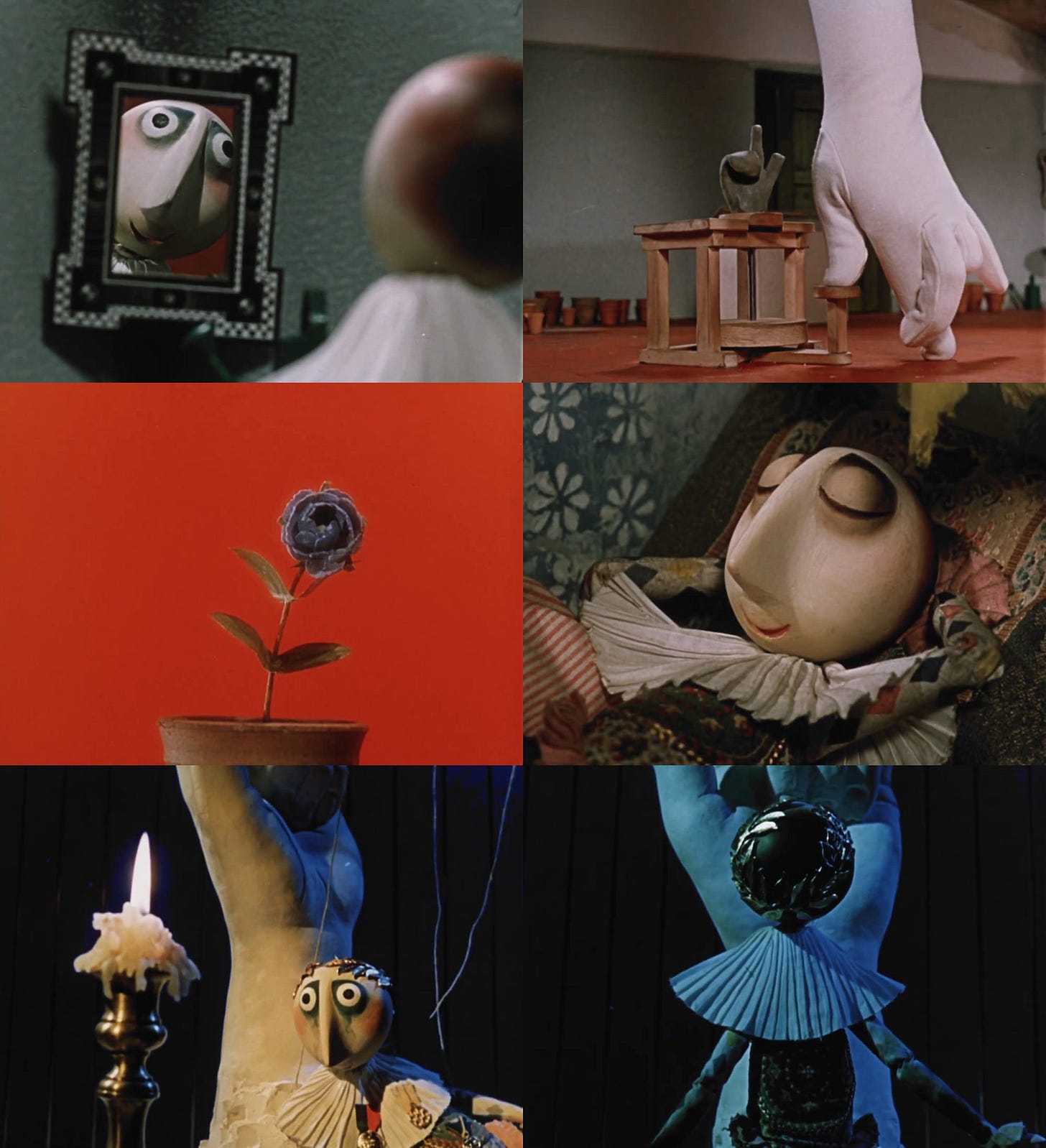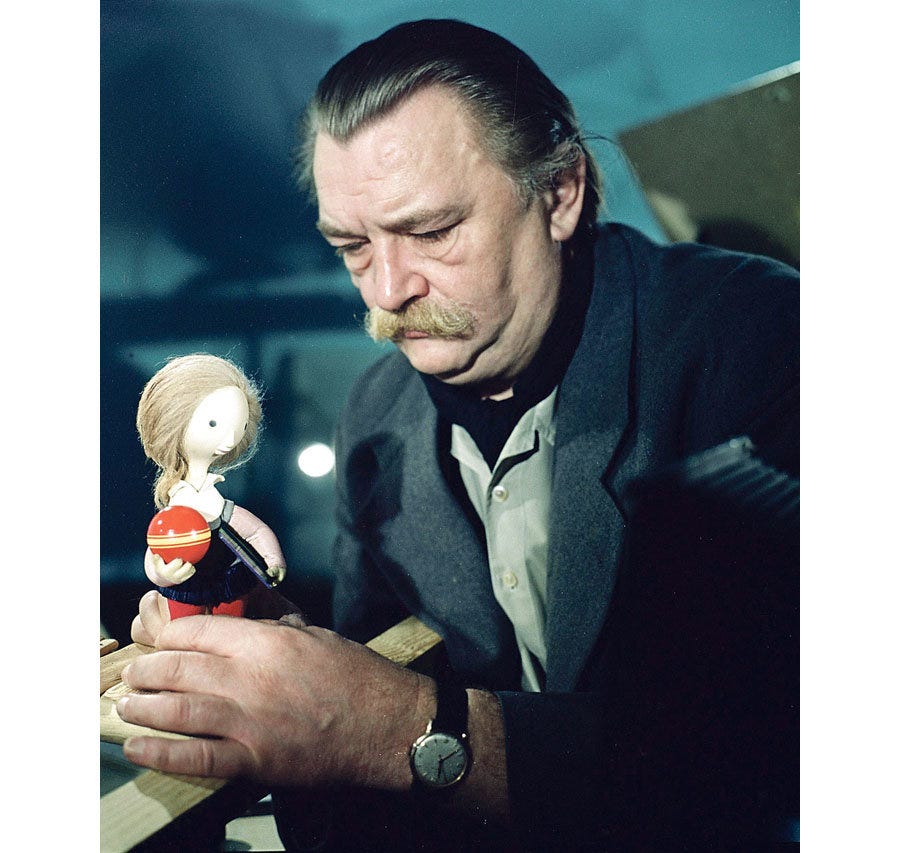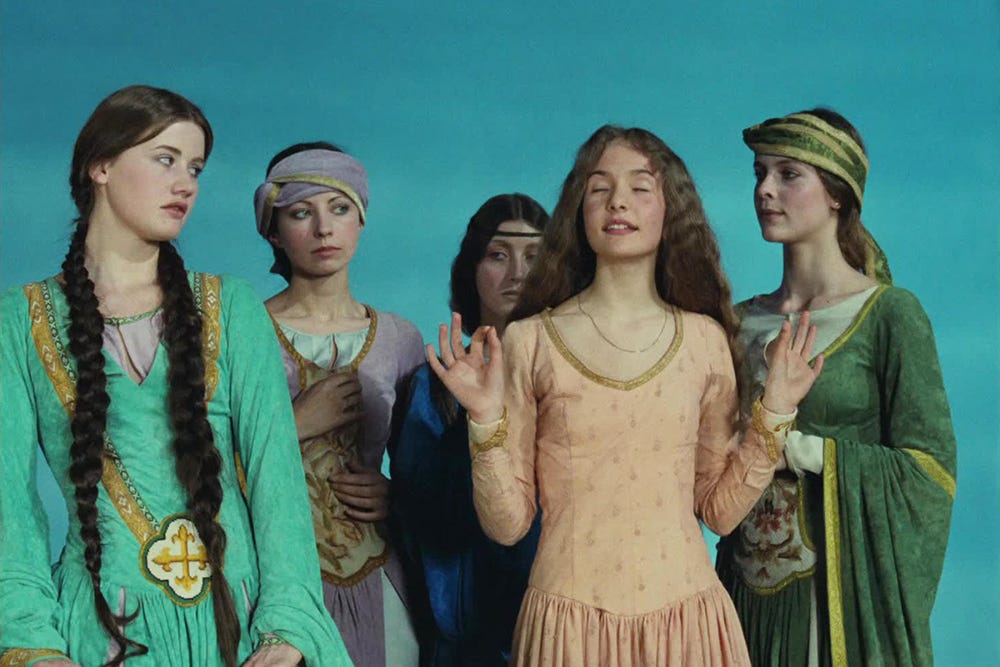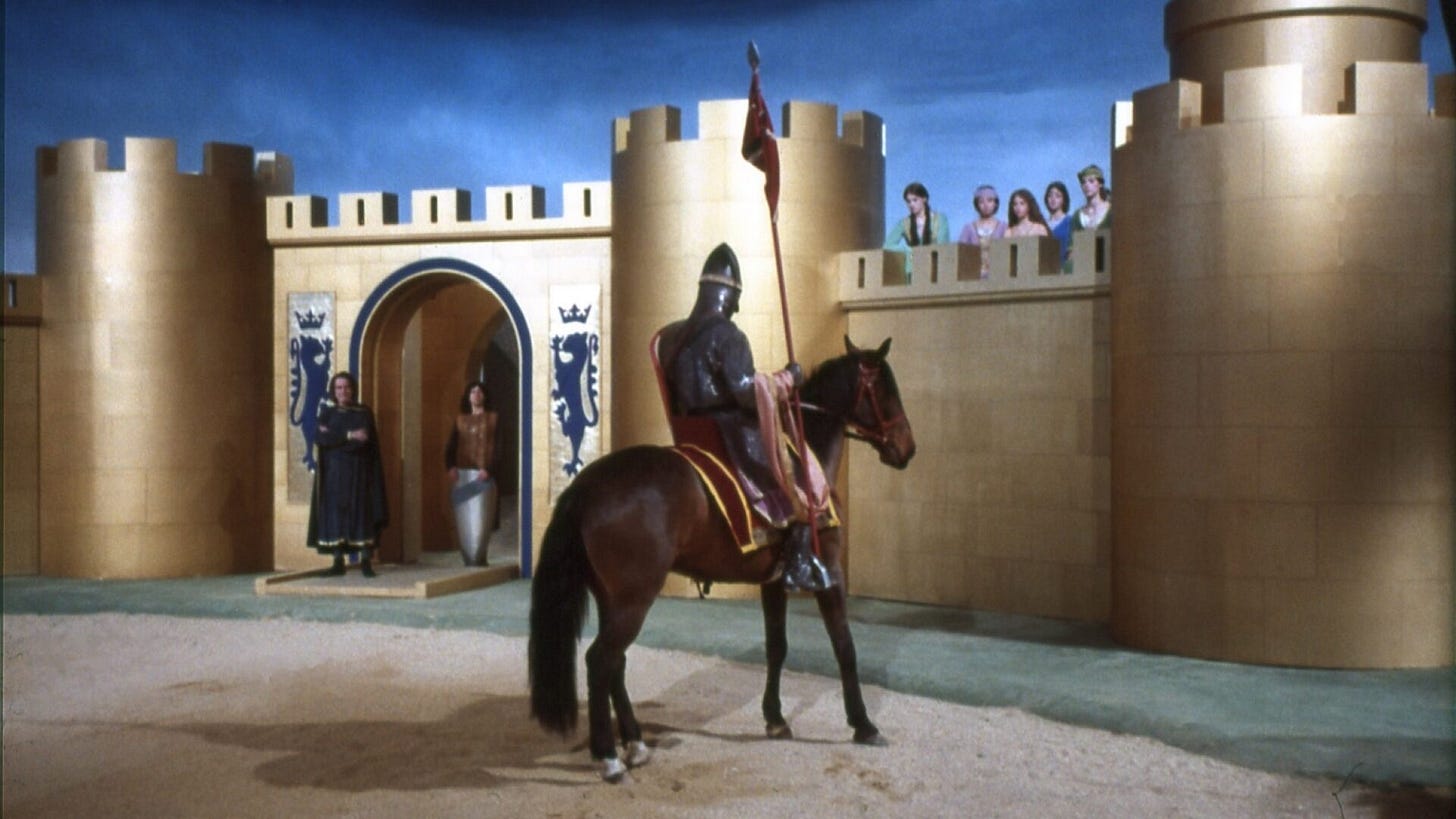Here is my review of the ten cultural things I experienced and absorbed since the last time I did one of these.
April 19th; The Earth, an Intimate History
by Richard Fortey
"No play of textual opposites too facile, no miscellany of graboid factlings too precious or twee, no angsty bourgeois whine too petty. How will I find the strength to finish this?"
I didn't.
An exercise in irritation. More, a disquisition on irritation, and on what it means to be irritated. I read this book several years ago, and finished it. It did not irritate me then, or if it did, I did not notice.
Yet now.. Now, he grates. And grating, the grating of cheese, is a good close metaphor for the experience in its mildness, relentlessness and dispersed harm. We are the cheese.
I find myself, reading Fortey, thinking more and more, not about the rocks the book is meant to be about, but about the cognitive texture of the man, of how low-grade frustrated I am by him, and of how difficult it is to understand or express how and why I am annoyed.
Subtlety is the breath of irritation; a discomfort so minor that, in any particular moment, the action taken to relieve it feels a too-great expenditure of effort, and with the mixture of regularity that defines near-drizzling rain, just enough to splash the screen of an exposed phone, or dampen hair, to redouble sweat if you rush, but not enough to ensure you take strong protective measures, like; opening an umbrella, putting up a hood or layering a thicker coat.
Fortey the Tourist
Every chapter begins with Richard Fortey visiting some out of the way place, as a tourist,
discovering that it has been overrun by tourists, and moaning about how commercial it is.
Fortey the Sentence Constrictor
The man loads a sentence like a junkie shoving stolen goods into a shopping bag;
"A cursory search on the Internet will show the curious observer how many outré' theories exist about the drowned kingdom." [Atlantis].
Think about re-writing that to make a less twatty sentence. “A cursory search will show the curious observer?” Were you written by a drunk Dickens?
...
"With tragic irony, Marie Curie died of the consequences of the radiation she helped to explain to the world: cancer had yet to be linked with damage to dividing cells."
This sentence has cancer. Its malformed, inside-out and is linked to the damage it does in the colophon, which explains how nobody knew how cancer works in a manner near irrelevant to the meaning at the start. What matters is that radiation causes cancer and that she didn't know, not precisely that it interferes with 'dividing cells'.
Imagine being given a chance to write one sentence to be sent into the past to warn Marie Curie and ending up with "Cancer is linked to damage to dividing cells."
The very next sentence is worse and makes everything worse;
"Radiation was to become at once a medical weapon and the agent of mass destruction."
Probably he thought he was being clever writing 'medical weapon' (which at least sounds cool, though it means little), and 'agent of mass destruction', instead of 'medical agent' and 'weapon of mass destruction.
It didn't happen at once.
Again; superficially clever, awkwardly wrong and totally inaccurate.
...
"Who can doubt the reality of the countries beyond the sea that Jonathan Swift peopled so skilfully for his hero Lemuel Gulliver to visit, not merely to stimulate the imagination, but as a ruse to illustrate human frailties: puffed up and monstrous in Brobdingnag, or shrunk in Lilliput to petty proportions to match the triviality of their concerns?"
Let’s look in detail at what is actually happening in this sentence, and who is doing or making what, and to whom, and in what order.
Part One; We and the Who
"Who can doubt the reality of the countries beyond the sea.."
So the "who" is we/us/me-Richard Fortey. The places are not simpler "strange lands" or "imagined lands", but the slightly longer "countries beyond the sea".
Part Two - The Doer and the Deed
"..that Jonathan Swift peopled so skilfully for his hero Lemuel Gulliver to visit,"
The subject, or one of them; 'Jonathan Swift' has done a verb, 'peopled so skilfully', (not 'skilfully peopled', or 'populated', for another; the Hero belonging to the subject; 'Leumuel Gulliver'.
Part Three - Superficially Smart
",not merely to stimulate the imagination, but as a ruse to illustrate human frailties:"
We break off to tell the reader that the doer and the deed were not involved in anything as common as 'simulating the imagination', but were in fact engaged in a 'ruse', making them tricksters, tricking their audience, (but not Richard Fortey), to 'illustrate human frailties'.
Part Four - The Frailties of the Text
"..puffed up and monstrous in Brobdingnag, or shrunk in Lilliput to petty proportions to match the triviality of their concerns?"
The Liliputians were exactly as 'puffed up' as the Brobingnagians but we will move on and focus first on the simple arrangement of words. Not 'pompous giants of Brobdingnag', but puffed up (?) and monstrous IN Brobdingnag. Then not 'shrunken and small in Lilliput', or 'shrunken to petty proportions in Lilliput', which might match the first half this phrase, but 'shrunk in Lilliput" ..... "to petty proportions to match the triviality of their concerns."
This is one sentence by Fortey, and almost everything about it is mildly out of place. The choice of words is always a little too Latinate and disembodied. The arrangement of the 'who' (us), the doer (Jonathan Swift), and the doer-and-done (Lemuel Gulliver), is badly jointed, everything existing, experiencing, doing and being done in a mild garble.
Then comes the superficial and inaccurate self-pleasing cleverness; Fortey is good enough to inform us that Gullivers Travels is a satire, a 'ruse', and not just about pleasing the imagination, making it therefore a legitimate form of art for someone as clever as Richard Fortey thinks he is.
Then, finally, the awkward, arrhythmic, inaccurate and Fomorian final enlightenment; "to petty proportions to match the triviality of their concerns."
And the sentence itself is wrong, because we *can* actually doubt the reality of these islands, because they are fucking imaginary. Fortey intends to use these imagined lands in reference to Gondawana, which he argues, and wishes us clearly to regard as, fundamentally real, but simply hard to imagine.
Fortey Bad
I don't speak here of cataclysmic argument-destroying wrongs, or crippling inaccuracies; enough to wreck a book, but of a persistently leaky ship, where words, phrases and concepts that should lead cleanly and simply one to another, making the structure whole, are awkwardly annealed and slide past each other like wet planks in ill seas. Yet, and this is absolutely crucial for you to understand, never enough to ruin, but always enough to *annoy*.
It is the continual pitter-patter of these sentences, like raindrops, the soft, near-frustrating activation of negative neurones, not enough to scratch the itch, but just enough to flush the skin, and the demoralising relentlessness, the knowledge that more such sentences are coming, several hundred pages worth, and that Fortey will be deeply pleased with all of them. This is what I speak of when I speak of 'irritation'.
...
He is not so bad on the rocks, when he gets onto them, but it is a rough time getting there. I gave up half way through.
20th April - Gothic, Ken Russell
I feel like this film may have had more to say than it said.
"An italianised Englishman is the Devil incarnate." - but Ken Russell is far from a devil, though he is VERY incarnate.
Russell is a wonderful visual filmmaker who cuts right to the quick of wherever a scene is going, and then cuts past that, into the meat of the scene, or something else, and then keeps swinging, look out! He's coming at you!
Everyone (The Shellys and their friend) goes to Byrons 'cabin in the woods' on the Lake and its actually a very nice house but they still can't leave. The they are all driven nutty by the fact that they are a horny, desperate, drug-using, artistic weirdoes and also that Byron is there.
There are some pretty deep convos about the roots of art and the human psyche, and at times I was nearly into them, but I don't think I liked any of the characters who talked a lot, and the characters I did like largely ran about and billowed. And fainted.
Gabriel Byrne is good and gives a decent Byron. Timothy Spall is a VISION as cringy gay cackling Polodori, and probably the most fun to watch in the film. Myrim Cyr gives probably the best performance as Clair Claremont, managing to out-Byron Byron. Julian Sands lets everyone down. Natasha Richardson: Rest In Power Queen.
I think ultimately I just wasn't that interested in Lord Byron, (the character), and Julian Sands, (the actor), and since a lot of the film is about them it fell a bit flat for me.
21st April; The Hand, Jiří Trnka
I suppose I am ok with allegory if its only 20 minutes long and is wonderfully visually inventive.
I found this through the 'Animation Obsessive' substack, which I would recommend (again).
Jiří Trnka was his nations favourite animator and much-rewarded by the then-communist regime. Amidst a range of other, apparently quite different, films, he made this one, specifically and very directly about the relationship between the artist and power. He told the communists the power was capitalism and the capitalists assumed the power was communism, but it holds true and the same under either principal, and is even more true today when, perhaps, the power is simply the will of the audience projected through the screen.
The hand is simply that power which directs the artist to serve it, but which is always aside from the artist themselves, and this is not a pro-hand movie. It is very, very, brutally anti-hand.
Purely as a series of ideas, if they were related to me by anyone else, I might have quite a lot to argue with here. But, from a spicy dead Czheck living under a communist regime, and especially if we are one-and-done in 20 minutes, I can live with it.
(The 'Hand' itself was actually stop-motion animated, which seems nightmarish for whoever played the Hand, but not quite as Nightmarish as the sexy-Hand scene, or the Hand-in-the-netherverse scene. This is kind of a grimdark movie! You can watch it for free here;
22 April - Perceval le gallois, 1978
A lovely, strange and somewhat baffling experience.
This might be one of the strangest films I've ever seen, and the art-film I found least irritating.
The Poem
This is an almost-pure relation of Chreitain de Troyes unfinished 'Percival' poem in which the speech, narration and description is passed back and forth between the characters in the story as the perform its actions, and within a shifting chorus of medieval French babes, choir singers and one guy who looks like Robert Pattinson in every role.
This should not work, but does. The poem becomes the protagonist, both narrator and hero, and the through-line of its euphonies is the living theme and cohering melody of the story. How very unusual.
I have read de Troyes story before in prose translation and hearing it sung in French is much, much better, for though I don't understand the language and am reading the translation, I can still hear the song, and intuit its beauties.
Studio Chivalry
Everything happens in a single studio, with a painted plain and an illustrated horizon etched upon the walls. The forest is a range of beautifully odd-looking storybook sculpted pseudo-trees, the 'Castle' is always the same castle, differently shot and lit, with different symbols on its walls, but very clearly the same set symbolising, but not feigning, to be anything else.
A single hill, which is all hills. A castle, a plain, a forest, a court. One tent. A ocean, or perhaps a river. Its slightly embarrassing but fundamentally true that this is all you need for Chivalric shovelware.
The colours are an eternal paint-book summer bright. The sun can never set. I think this is shot in 'Academy'; the frame of the image is very square, and as the Youtuber Moviewise has argued, this quite-square frame lends itself well to stories of Hierarchy. Visual information is often 'stacked up' rather than drawn out, the layers of noble choruses, the Maids and Ladies hanging out in neat little storybook blocks, horses, knights and men making little zig-zag tableaux in the nearly-square frame. There is no actual landscape, only symbols of such, so nothing is lost from the square picture; lateral expansion would reveal nothing of interest.
The cast, who tend towards beauty, have been schooled in sung medieval French, which they perform well, in the strange but intuitive process of storytelling in this world where all the deeds and actions of growths and embodiments of the continual song of verse, which is what truly defines what has meaning and is real in this imaginary land, and curiously but charmingly, in clever, subtle, sometimes theatrical, ritualised hand movements, spring straight from stained glass or illuminated script, which form a third language of emphasis alongside all the others.
The Strange Meaning of Things
'Percival' is an unfinished poem, and attempts to finish it form their own subgenre of Medieval writing. So the meaning of de Troyes 'Percival' is inherently modernist, unfinished, open to investigation and definition. Where was he going with this? What did he intend?
'Percival' the character begins as a pure innocent fool, who performs many questionable actions out of simple and total ignorance, but who grows and changes through his adventures, becoming more aware, more adult and more fully human, yet the negative consequences of his early actions persist, and as he grows more aware of himself and his world, regret and shame also become part of his psyche.
From a modern 'psychological' perspective, this might be what 'Percival' is 'about', or was going to be about.
But its also a court poem, an Arthurian poem, a medieval French Catholic poem, and is likely 'about' a whole bunch of other things, and has a range of complex meanings, inferences, and layers, both deliberate and emerged, which would be immediately intuited by its original audience, but almost impenetrable to us.
Not to mention things that might not have made sense anyway, to any audience, or which are just oddities or curiosities, or compacted or composted fragments of meaning or fiction from long-forgotten oral ballads or so on. Welcome to fucking Arthuriana man, everything feels as if it means something, and you often don't know what anything means.
And of course its unfinished anyway, and the film, like the poem, stops dead. As perhaps de Troyes stopped dead.
We are left with an unresolved story, a string of vivid pearls, each of which gains lustre from comparison to and consideration with, the other, but there is no end or final knot, that sets the seal of an authors intent or even total idea, only this beautiful shimmer of possibilities.
25th April - I do not like the Imperial Guard
This Video fascinated me. Indy Warhammer PNG V-Tuber begins by questioning his own dislike of the Imperial Guard faction in the game. This proceeds to a truly deep, even caustic, interrogation of self.
Nothing could be more common than to ask oneself the question; why do I like or dislike this or that particular thing? But its extremely, ridiculously rare for anyone to ever, really, ask the question, to not stop at the first convenient answer or initial layer of investigation but to just keep going.
As Paul pulls open the layers of his psyche, he interrogates his own capacity for physical courage and group feeling, his relation to humanity as a whole and then tries to reconcile this revealed vision of who he actually is, with his life as it is lived. All through the medium of plastic toys. This video is a banger.
26th April - Zenshu
A very charming, beautiful and funny, (and thank god, SHORT), anime, that entertains and utterly fails to fundamentally interrogate the quite powerful ideas it is playing with.
MC is a hyper-talented, driven, isolated, 'genius' anime director who eats a bad crab sandwich and gets Isekai'd into a fantasy land, based this time, not exactly or immediately on CRPG tropes but specifically on her favourite film, the one that inspired her to become an artist and animator; 'A Tale of Perishing'.
In a doomed world beset by the monstrous 'Void' creatures, a ragged band of heroes struggles to defend the final light. Our MC turns up and, while kind of a dick, finds that attacks by the 'Void' trigger her own magical ability - she is able to summon-via-animation, creating anything she can imagine and draw to battle the Void. She even has a stunning 'Magical Girl' transformation sequence, which ends with her sitting at her animation desk, absolutely banging out pages.
What this series does well is its invention, humour, characters and charm, and the investigation of the psyche of its main character; a sequence in the middle showing how she has unwittingly affected the lives of many people in her own story, is particularly good. Its a lot of fun simply for that.
What it does badly, as much on the philosophical level, as with some of its lesser characters, is that it brings on the big conceptual cannons, and then spikes them, dodging around the meaning of its own story.
'A Tale of Perishing' is notable because it bombed. This seemingly standard heroic fantasy turned incredibly dark towards its end, inflicting tragedy upon tragedy onto its simple hero, Luke Braveheart, until he snaps, and becomes the very horror he was trying to defeat, ending the world he was trying to defend.
Its a hell of a downer for a kids movie, which explains why it bombed. But for our MC, watching as a young child, its was a life-changing experience. 'A Tale of Perishing' compelled her so totally that she became an artist in response, and obsessed over every frame and every character. As she says 'I don't know what it means, but I love trying to understand it.'
Its this particular despair-oriented film into which the MC is thrown, and, unlike a standard Isekai setting, this is still a film and does have a single fated end.
Our MC makes herself busy being a magical hero, trying instinctively to save the characters she has seen die, and on purely character terms, this is often quite interesting. Its certainly very fun and visually exciting.
But she was made into an artist by the string of fate she is now trying to amend. And she can't amend it. She can delay, change details, give characters different opportunities for growth and expression, she can make a lot of things different, but she can't change the end.
The films original creator, (who also died to food poisoning soon after if came out and bombed), is also present in the 'Tale of Perishing', and the two characters meet and have brief, complex interactions, but this spirit is dedicated to the destruction of this world, and its hero, because that is why it was made.
Another anime; Re:Creators, did something similar, with fictional characters invading reality and interrogating their creators as if they were arrant, sadistic and capricious gods, and managed to hit the landing much better, allowing each form of existence and layer of reality make its own case and not sugar-coating anywhere near as much.
In 'Zenshu' the world does end, and then our MC simply... brings it back, with sacrifice, magic and the power of true love. This largely does not seem earned, or meaningfully interrogated.
MC was compelled to be an artist by the original, tragic and despairing nature of 'A Tale of Perishing'. A few other characters in the 'real world' of this anime say the same thing. This film may have bombed with 90% of the audience but for a few, it showed them or told them something deeply important, something which the creator was trying to show them. There is a deep and fundamental spiritual and philosophical paradox here; in trying to re-make or amend 'Tale of Perishing', the MC is doing something, on a human scale, heroic and decent, for these fictional people are real people to her now, but on the meta-level, which is also where she is from, she is committing some kind of artistic crime, bowdlerising a complete work of art, a work which executed its most important effects upon her directly, and turning it into something she would have been utterly unmoved by.
This paradox or conflict is something you could actually base a story around, but the creators of 'Zenshu' just.. didn't do that at all, instead they handwave and escape from the moral complexity of what they have built, making the whole much less than it could have, or should have, been.
Still a fun anime though.
27th April - Alien: Paradise, by Job Willins
"Paradise is an editing project combining Prometheus and Alien: Covenant into a single, David-centric narrative. The goal was to intercut material from both films to tell a story in a way that favors the strengths of both. With a runtime of about 2.5 hours, I aimed to enhance much of the excitement and mystery from the two films by unfolding them in parallel and playing them off one-another.
This method also allowed opportunities to emphasize the major theme of creator/creation relationship that runs through both stories and hopefully achieve a unique viewing experience rather than merely a significantly abridged double-feature.
Some content from deleted scenes and marketing materials from both films have been used, as well as additional music which is credited at the end of the film. Finally, thanks to everyone on Twitter who gave me feedback on earlier cuts. This really helped me shape the current cut.
~J"
I have a strong dislike for both 'Prometheus' and 'Covenant', based partly on them both being janky as hell, and partly on their sheer indifference to the procedural elements which played an important part in the 'Alien' stories. Yes, it matters to this nerd if the scientists keep their helmets on, or if the colonists in an utterly unknown world even wear them.
However, Michael Fassbender being a crazy android was pretty great, and there were some nice shots! The only really bad things about it were the things that people did and the plot.
And now, all, or most, of that is changed, with the more interesting parts of both films combined and layered into a sequence with the same events, but less dumb stuff visible, and all of it centred around Michael Fassbender(s) moody synthetic(s).
And it does work as a coherent film with its own through-line and point of view. And honestly a better story than either 'Prometheus' or 'Covenant', with more of a coherent theme and a more interesting main character. I would make this a strong recommend.
Focus on Fass
Cut the dum
cross-cut the doom
maka da gud film
28th May - MALUSTRIOUS BROOD
Already reviewed in full HERE.
1st May - Memoirs of Hadrian
ALSO reviewed in full in its own post HERE.
3rd of May - Den of Thieves; Pantera
Den of Thieves was a pretty good film centred largely around Gerad Butler being large, hair, brutish, charming and eating and expectorating over the whole film. Den of Thieves 2 - European Vacation, still has Gerard Butler! And he is still highe, hairy and having the time of his life. He still eats in a lot of scenes, but sadly not EVERY scene.
The rest of the film is ok. O'Shea Jackson Jr doesn't really carry his co-star role, in the first film him being a bit of a cypher was part of the point, but here he is onscreen more and is still a bit of a cypher.
Its weird that this is in Europe. Still has some good scenes. A fun watch, (for me anyway).
Best Out of Ten?
A TOUGH COMPETITION this time! ‘The Hand’ and ‘Perceval le gallois’ are both unique and beautiful works of art, and much of the ‘low culture’ did pretty well, but…
Its gotta be Marguite with the Emperor Hadrian. Absolute generational W and possibly shamanic time-travel experiment. One of a kind book.





